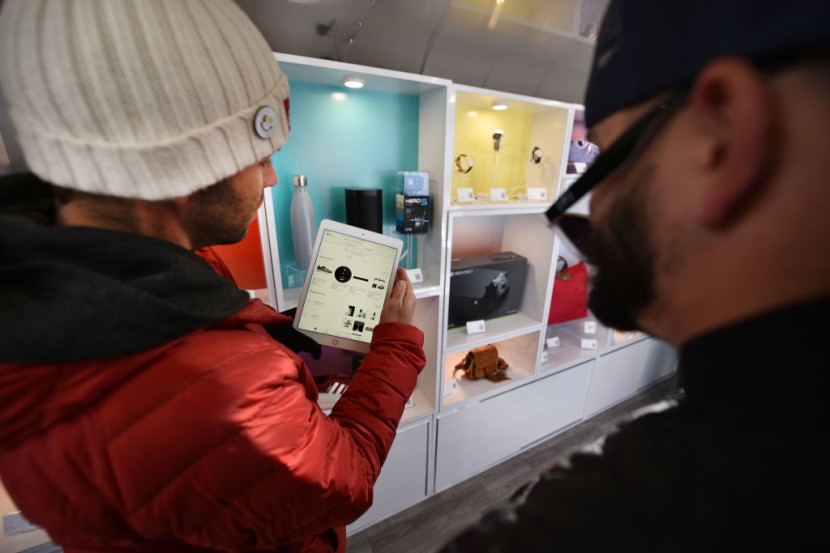
Christmas is called "the most delightful time of the year" for all the joy and compassion. However, scammers take advantage of holiday kindness, bustle, and abundance.
Since the COVID-19 pandemic started over two years ago, fraud has cost consumers over $500 million, mostly from internet sales, as online Christmas shopping reached a record $188 billion last year.
E-commerce is booming this Christmas season. There is a high probability that fraudsters will take advantage of the situation. Therefore, consumers must be ready to outwit Christmas scams.
Criminals target unsuspecting holiday customers in Christmas scams by stealing credit card and personal information, according to Aura. Stolen credit card information may be used to make fraudulent internet purchases, access bank accounts, or conduct identity theft.
To prevent being victimized by Christmas scams, here are some important information regarding these prevalent scams during the Holidays:
1. Look-alike websites
Phishlabs defines a look-alike domain as a virtually similar, slightly tweaked domain name registered to mislead. Every year, cybercriminals register tens of thousands of cloned domains to deceive consumers and generate revenue, mainly via fraud.
Look-alike Christmas scams employ excellent web design to mimic a retailer's site but typically include mistakes, strange URLs, and wrong customer support phone numbers. Online fraud may be hard to spot since many sites are nearly identical to authentic ones.
Another Christmas scam is fake charities, like veterans' charity frauds. Con artists will replicate a charity's website and use bogus social media campaigns to deceive generous donors. The bogus charity website will vanish soon as the scammers get the donations.
2. Gift-giving pyramid schemes
The offer of one gift with several returns is enticing. But beware because, more likely, it is a gift-trading Christmas scam, which is among the unlawful pyramid schemes.
These gift trades on social media are known as "Secret Sister" trades, according to the Better Business Bureau. Phishing emails, e-cards, and social media communications invite you to give one gift and get up to 36 presents back. The fraud becomes apparent when you discover you won't get any presents and a criminal has your personal information.
3. Fake job ads
Scammers use fake job advertising to steal money and personal information from hopeful job searchers. Cybercriminals collect your private information and ask you to pay for work training or equipment before starting the job in this scam.
Round Table Technology suggests a few ways to verify a job ad. Check the company's career page first. If not, beware of the Christmas scam.
Any listing that requests your Social Security number or bank account details should be avoided.
If you're unsure if the job ad is bogus, try contacting the employer directly from their website, not the job posting's contact information.
Next, examine the job posting wording. It's probably a fraud if it's excessively promotional.
4. Grandparent scam
Seniors are more susceptible to Christmas scams. The Federal Trade Commission (FTC) found that fraud cost 80-year-olds $1,600 more than other age groups.
This audacious fraud targets grandparents by impersonating a grandchild or other minor family member, asking for money to flee a perilous situation. Elderly victims may send funds to a bogus account number and uncover their deception.
5. Gift card fraud
Gift card scams include internet vendors asking for gift cards instead of credit cards or PayPal. According to the FTC, one out of every four fraud victims used a gift card as payment, making it a common way for con artists to take money from unsuspecting victims.
For instance, you discover a terrific Christmas present on eBay. Then the vendor prefers gift cards to safeguard credit card payments. Eventually, the card becomes untraceable after activation.
What To Do If You Get Scammed?
If you get scammed, authorities advise that you report the fraud to your state consumer protection authority or the police.
According to USA.gov, federal authorities may investigate schemes. Reporting incidents is important as it may prevent scams and help governments monitor scam practices. Authorities may sue a corporation or industry based on reports.
Related Article : Christmas 2022 Gifts: Best Gadgets To Buy During Last-Minute Shopping
© 2025 HNGN, All rights reserved. Do not reproduce without permission.








